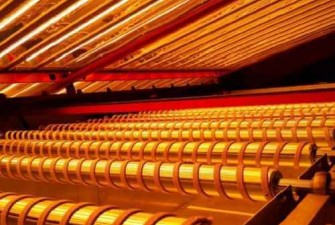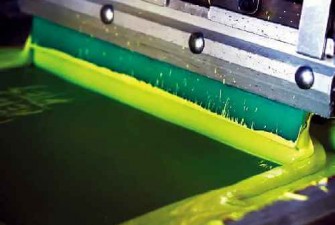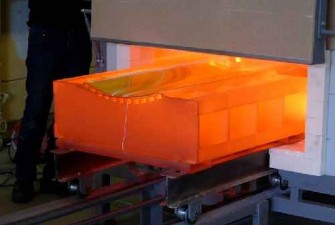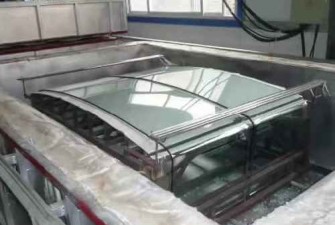Heaters in the Glass Industry
Heaters play a crucial role in the glass industry, especially in industrial glass production. They are utilized to control temperature during the processing and shaping of glass. These processes include steps such as glass melting, shaping, cooling, and molding. Proper temperature control is critical for the quality, durability, and aesthetic appearance of glass.Technical Specifications of Heaters Used in the Glass Industry:
- Power: The power of the heater is measured in watts (W) and determines its heating capacity. As the power increases, the glass melts faster and can reach higher temperatures.
- Voltage: The operating voltage of the heater is measured in volts (V) and determines its compatibility with the electrical grid. Commonly used voltages are 220V and 380V.
- Current: The operating current of the heater is measured in amperes (A) and determines its electrical consumption. As the current increases, the heater consumes more electricity.
- Resistance: The resistance of the heater is measured in ohms (Ω) and determines its resistance to electrical current. As resistance increases, the heater consumes less electricity.
- Temperature: The maximum temperature the heater can reach is measured in degrees Celsius (°C). Heaters with different temperature values are preferred depending on the type of glass used.
- Heat Distribution: How the heater distributes heat to the glass is important. Homogeneous heat distribution ensures flawless and uniform production of glass products.
- Lifespan: The lifespan of the heater depends on factors such as usage frequency and operating temperature. Long-lasting heaters help reduce production costs.
Heaters Used in the Glass Industry
- Electric Resistance Heaters: These heaters are commonly used in glass melting furnaces and glass shaping machines. They are typically made of alloys with high temperature resistance such as nichrome or fechral. These heaters are used to provide the high temperatures required for melting and shaping glass.
- Infrared Heaters: Another type of heater used in glass drying processes and surface treatments. Infrared heaters provide rapid and effective heating by targeting specific areas of the glass.
- Carbide Heaters: Carbide heaters, used especially in glass furnaces operating at high temperatures, are known for their high durability and long life. They can withstand long-term and intensive operating conditions during glass melting and shaping processes.
- Silicon Carbide Heaters: High-temperature resistant silicon carbide heaters are used in some special applications in the glass industry. They provide high temperature resistance and resistance to thermal shocks.
- Platinum Heaters: Platinum heaters can be used in applications in the glass industry that require precise temperature control. They provide high precision and stability, making them preferable for processing certain characteristics of glass or surface treatments.
Technical Details to be Considered in Glass Heater Selection
- Temperature Resistance: The glass industry requires high temperatures. Therefore, it is important for the selected heater to be resistant to high temperatures. Glass melting and shaping processes often reach temperatures above 1000°C. The heater should be capable of withstanding these temperatures.
- Material Selection: Heaters are typically made of special alloys such as nickel-chromium (nicrhome) or iron-aluminum-chromium (fechral) which have high temperature resistance and are commonly preferred in the glass industry.
- Power and Watt Density: The power provided by the heater should meet the requirements of the application. Additionally, the watt density (watt/cm²) of the heater is important. Proper power and watt density ensure uniform heating of the glass and prevent overheating.
- Ease of Installation and Integration: The heater should be easy to install and integrate. This speeds up the installation process and enhances operational efficiency.
- Longevity and Durability: Longevity of the heater is important. It should be designed and manufactured to withstand intensive operating conditions. Durable heaters reduce maintenance requirements and ensure uninterrupted production processes.
- Precise Temperature Control: Temperature control is critical in glass processing processes. The heater should provide precise temperature control to ensure desired quality and consistency in glass production.
- Cost Effectiveness: The cost of the heater is an important factor for the operating budget. However, it is important to consider its performance, durability, and efficiency in the long term rather than making a solely cost-focused choice.
Glass Sector Heaters





-500x500.jpg)
-500x500.jpg)
-500x500.jpg)
-500x500.jpg)
-500x500.jpg)
-500x500w.jpg)
-500x500.jpg)